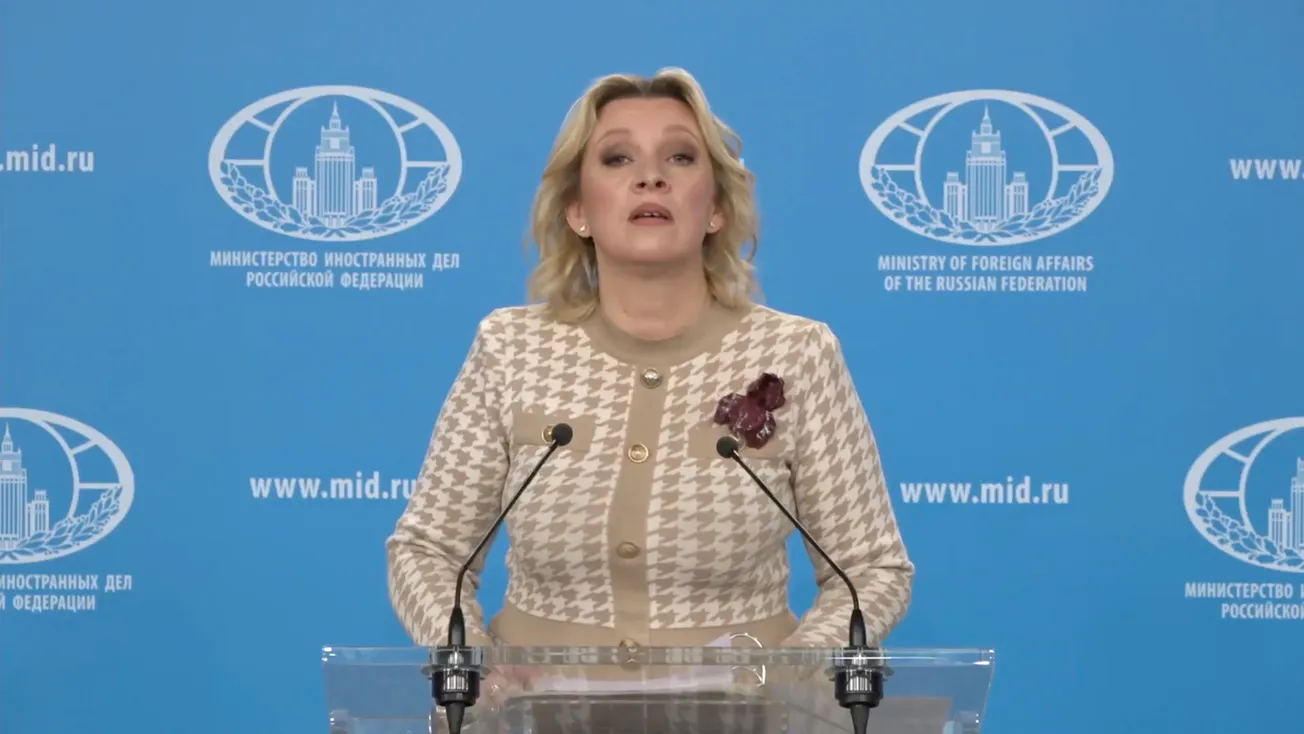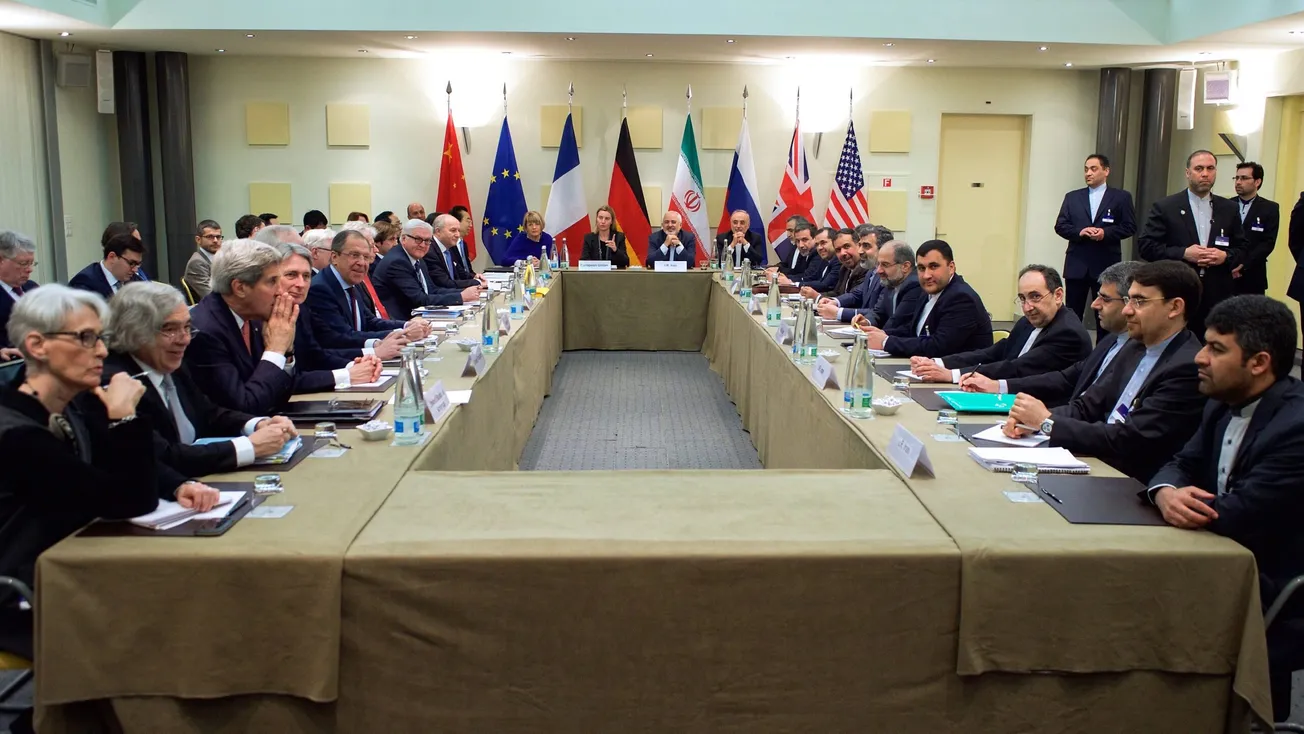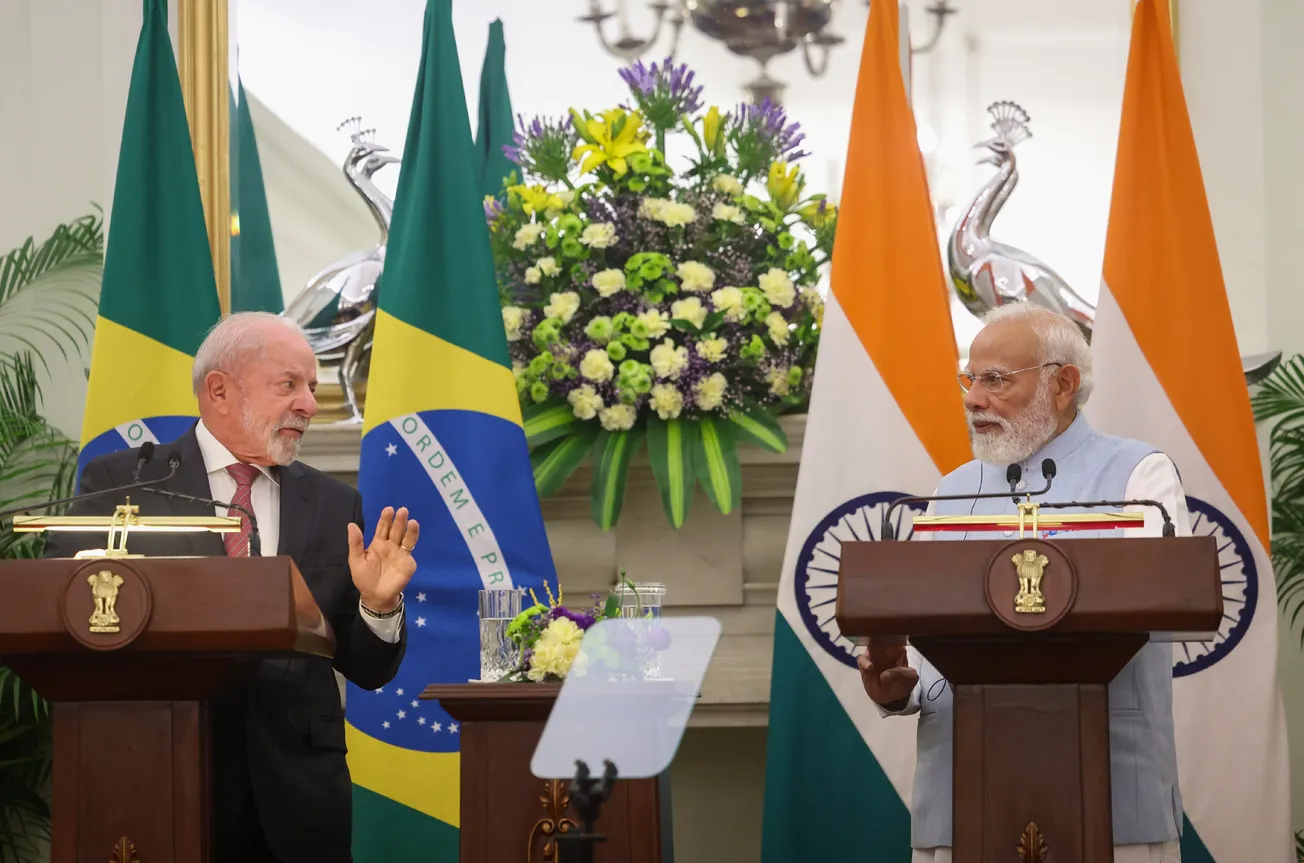There’s the anecdote of the rabbi who would advise, whenever faced with two bad choices, to always pick the third.
So, what could China’s Foreign Minister Wang Yi possibly offer this week to his Ukrainian counterpart Dmytro Kuleba—give up some amount of land to stop the killing? Are Russia and Ukraine going to stabilize matters by settling upon some demarcation line? And China knows how to draw such lines better than any other country?
Apparently, Wang Yi reminded Kuleba that Ukraine and China became strategic partners when, in December 2013, then Ukrainian President Viktor Yanukovych signed onto Chinese President Xi Jinping’s new Belt and Road program. He gracefully omitted some ugly truths—that Victoria Nuland and her $5 billion “color revolution” project ran a coup in Kyiv two months later, launching Ukraine into a civil war. The point was, there was a road not taken that would have provided Ukraine with a solid and prosperous future; and Beijing was putting that prospect back on the table, without any lectures about Ukraine deserving what they got over the last 10 years, etc.
The idea that there is a third choice, when one is stuck looking at two impossibly bad choices, only works when one is living in a world where there is a wider, more prosperous, happier future, one not yet being realized. That is, the case of being stuck with two bad choices is symptomatic of a person, or a nation, having failed to pursue the higher road at the appropriate time. China didn’t just stumble into success—rather the culture had suffered greatly from a certain deficiency that allowed the 19th-century British Empire to enslave an ancient culture. And the anti-West “Cultural Revolution” also didn’t lead them to the higher road. Rather, there was a prolonged period of having to relentlessly work out a solution to the historic problem of having a vast peasantry stuck in deep poverty. Having done so, there is a deep, calm and relentless hand at the helm of statecraft.
Yesterday, in the U.S. Congress, there was more of the taste and feel of a bizarre Nuremberg Rally, with reportedly up to 52 standing ovations in a demagogic performance by Israeli Prime Minister Benjamin Netanyahu, all in about a one-hour time. A half-dozen Jewish relatives of hostages in Gaza, who silently stood with shirts bearing the words, “Seal the Deal Now” (demanding Netanyahu to end his war-mongering and accept the hostage-ceasefire deal), were arrested. Netanyahu actually claimed that Israel was providing over 3,000 calories/day of food for each and every Palestinian in Gaza—hence, the International Court of Justice order that Israel had to stop the starvation of Palestinians in Gaza was actually rank anti-Semitism. Netanyahu praised the elected U.S. representatives who had confronted the anti-Semitism of the ICJ. Not a lot of statecraft in Washington. What would the rabbi say?
Americans are facing around 100 days of blather, between now and Election Day on November 5, as they wonder about the finger of a challenged Joe Biden being on the nuclear button. But then, does Kamala Harris or, for that matter, next-in-line Rep. Mike Johnson inspire confidence, as the U.S. seems intractably locked into a thermonuclear showdown against Russia? What would the rabbi say?
Two tried and true statesmen, masters of the higher road, are running in New York for the U.S. Senate—Diane Sare—and for the U.S. House from a Bronx district—Jose Vega. Neither can be your President this time around, but they can trigger that necessary process in which Americans become so much stronger and capable, by gaining the power of insight into where the country misplaced its soul. What more could a rabbi ask for?






